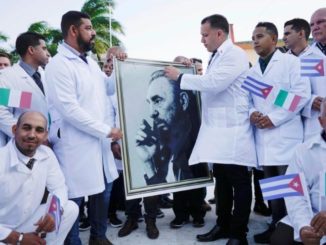
The United States Tries to Take Advantage of the Price Cubans Are Paying for the Blockade and the Pandemic
If the U.S.-imposed blockade ended, many of the great challenges facing Cuba would lift.

If the U.S.-imposed blockade ended, many of the great challenges facing Cuba would lift.
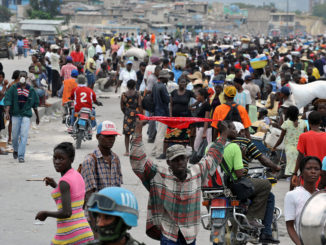
Having a military presence on the island, or at least leverage with whatever regime emerges, can help to sustain political pressure on other countries nearby, while providing a base to step in as part of any regional military operation deemed necessary in the future.
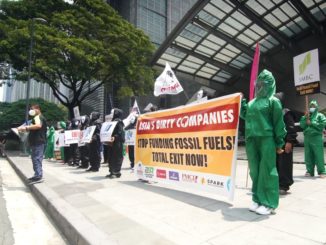
Many civil society organizations from across central, southern and southeast Asia that attended a recent meeting on clean energy said the Asian Development Bank has been attempting to push its draft energy policy without input from groups on the ground.
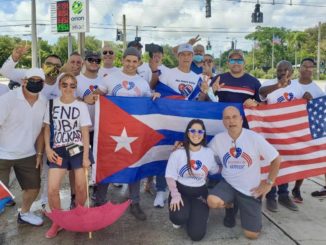
Carlos Lazo and a small band of Cubans are on a 1,300-mile pilgrimage from Miami to Washington, D.C., to end the U.S. blockade of Cuba.
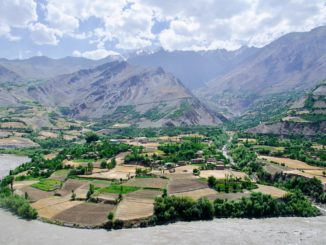
On July 2, fleeing questions from reporters about U.S. plans in Afghanistan, President Joe Biden sought refuge behind the July 4 Independence Day holiday. Yet, he obliquely acknowledged that the United States will use some level of “over the horizon” air attacks to prevent the Taliban from taking power, attacks that will include drones and manned aircraft, possibly even B-52s.
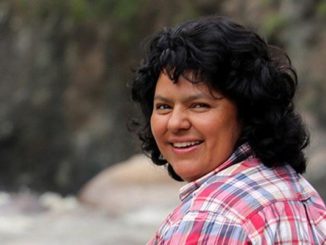
On July 5, a Honduran jury found David Castillo, former chief executive officer of Desarrollos Energéticos Sociedad Anónima (DESA), guilty of being a collaborator in the murder. Castillo initially was charged as the mastermind behind the murder.
Copyright Toward Freedom 2019